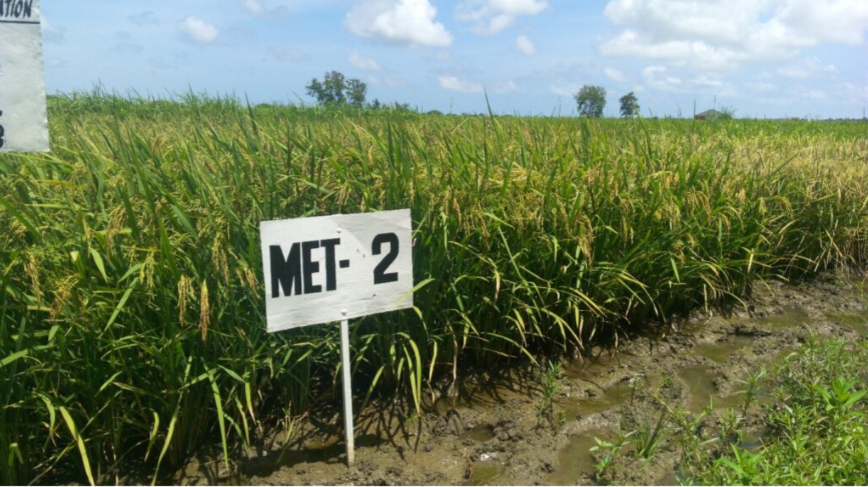Empowering Smallholder Rice Farmers in Tanzania Transforming Agriculture for Sustainable Development

Smallholder rice farmers in Tanzania’s Southern Highlands are experiencing a transformation in their farming practices through the System of Rice Intensification (SRI) technique. This innovative approach, supported by the ACP MEAs 3 project, empowers farmers to increase their yields while conserving resources and protecting the environment. By participating in Farmer Field Schools and receiving training, farmers like Emea Baragasi and Meshack Lyenje have been able to significantly improve their rice production and income, leading to a more sustainable livelihood.
- Enhanced Farming Techniques: The SRI technique enables farmers to produce more rice using fewer seeds, less water, and smaller plots of land. By adopting this method, farmers can increase their yields and income while reducing their environmental impact. The use of push weeders instead of herbicides also promotes eco-friendly farming practices.
- Community Support and Training: The ACP MEAs 3 project provides crucial support to local farmers through training programs and capacity building initiatives. By engaging in Farmer Field Schools, farmers learn new skills and techniques that help them transition to more sustainable and productive agrifood systems.
- Sustainable Agriculture for Economic Development: The success stories of farmers like Emea Baragasi and Meshack Lyenje highlight the potential of sustainable agriculture in improving livelihoods and boosting economic growth in rural communities. By promoting ecosystem-based practices and resource management, projects like ACP MEAs 3 contribute to food security, poverty reduction, and environmental conservation.
Conclusions:
In conclusion, the empowerment of smallholder rice farmers in Tanzania through initiatives like the ACP MEAs 3 project not only enhances agricultural productivity but also contributes to broader socio-economic development. By incorporating sustainable farming practices, these efforts support food security, poverty alleviation, and environmental sustainability, ultimately fostering resilience and prosperity in rural communities. This paradigm shift towards sustainable agriculture reflects a positive intersection of economy, politics, and geopolitics, emphasizing the importance of holistic approaches to development.
Article Source: https://africa24.it/en/2024/06/10/empowering-smallholder-rice-farmers-in-tanzania/